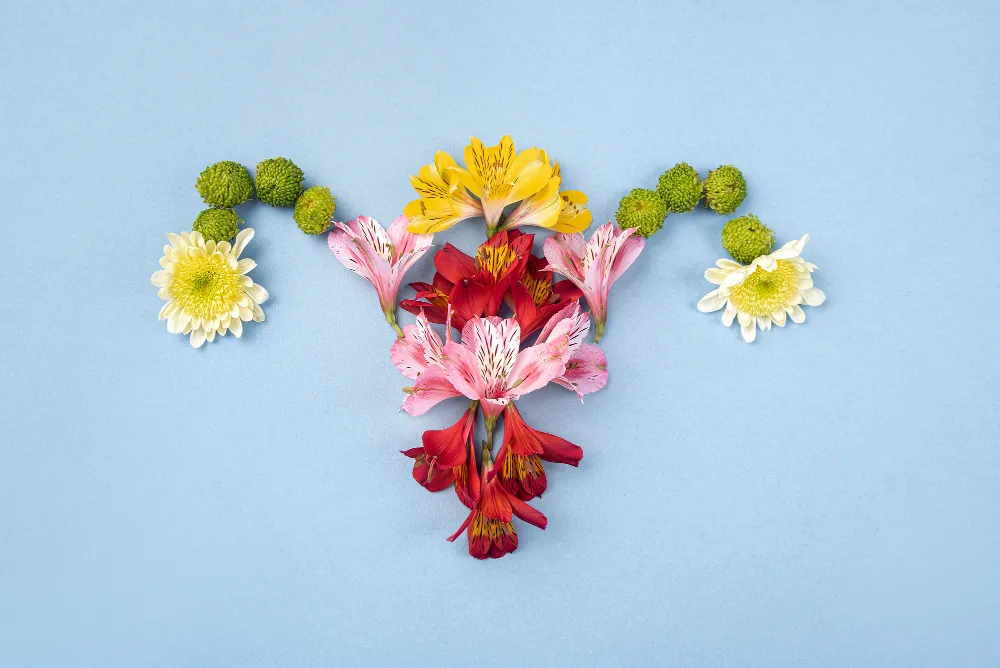Prominently known as DOR, Diminished Ovarian Reserve is one condition where the ovary loses its normal reproductive potential. It results in compromised fertility. This condition might result from any disease or if you have suffered from an injury. Most commonly, DOR is the result of normal ageing. Around 10 to 30% of patients suffering from infertility will have DOR present in them.
Getting the proper treatment plan is indeed a necessity with DOR, especially when you are trying to fight against infertility. It is not that simple to cover the tasks on your own. But with professional guidance from our side, chances of fighting infertility increase.
Causes behind DOR:
It is a known fact that with growing age, women tend to lose their natural fertility impact. It is a universal problem and can be seen among women who have reached their 30s. Few women might retain normal fertility by the time they enter their mid-40s. As assisted reproduction will not reverse changes in eggs responsible for the decrease in fertility, success rates associated with IVF can also tend to decline a bit with growing age. Any form of genetic abnormalities or illness will accelerate this decline.
- Around 1% of the population suffers from ovarian failure before they even reach 40. It is termed premature ovarian failure.
- Patients suffering from DOR need to be screened with a blood test for Fragile X Syndrome.
- It is an inherited condition, which will result in early ovarian failure. It is another common cause of autism and inherited intellectual disability.
Moving on with the symptoms:
Quite, unfortunately, most women won’t show any signs of DOR. With the condition progressing over time, women might notice a shortening of menstrual rhythm. It can get reduced from 28 days to 24 days. When menopause seems to be imminent, women might notice some signs of lower estrogen like trouble sleeping, hot flashes, missed menstrual periods and even dryness in the vaginal area. Some might target these as symptoms of DOR. So, if you are facing any of these issues, it is recommended to get in touch with the gynaecologists immediately.
Ways to diagnose the same:
There are various ways to assess the functional reserve of the ovary, like blood tests procured on the second or third day of the menstrual cycle for measuring hormones FSH and Estradiol.
- Any FSH level above 12 mIU/mL can be termed as mildly elevated.
- Levels moving above 15 are abnormal enough to cancel any assisted reproductive attempts as patients will fail to respond to fertility-enhanced medications at this age.
- Fluctuations in normal baseline indicate declined ovarian reserve.
- AMI I is another major blood test that relates well with fertility potential. This hormone reflects the egg numbers.
- This test is useful when combined with estradiol blood testing and transvaginal ultrasound assessment of several antral follicles.
Ways to treat DOR:
At present, it is hard to come across any treatment plan that can slow down the process of ovarian ageing or prevent it completely. When DOR gets identified, treatments will help hasten conception time or freeze eggs for the future use of a patient.
- DOR patients who are focusing on IVF treatment plans are placed on higher doses of ovarian stimulation regimens to maximize the number of eggs harvested.
- But, once the ovary failed to respond to stimulation, donor eggs are the ways to go for restoring the reproductive potential of a woman.
- By using donor eggs, women with DOR might conceive and deliver a baby successfully, even after menopause.
Femmenest IVF to the rescue:
It does not matter if you are suffering from DOR, our team of doctors from Femmenest IVF will use donor eggs in some instances to help you conceive through our IVF treatment plan. Just make sure to learn more about the process and get in touch with our team. We will present a thorough examination plan before offering the final treatment.



